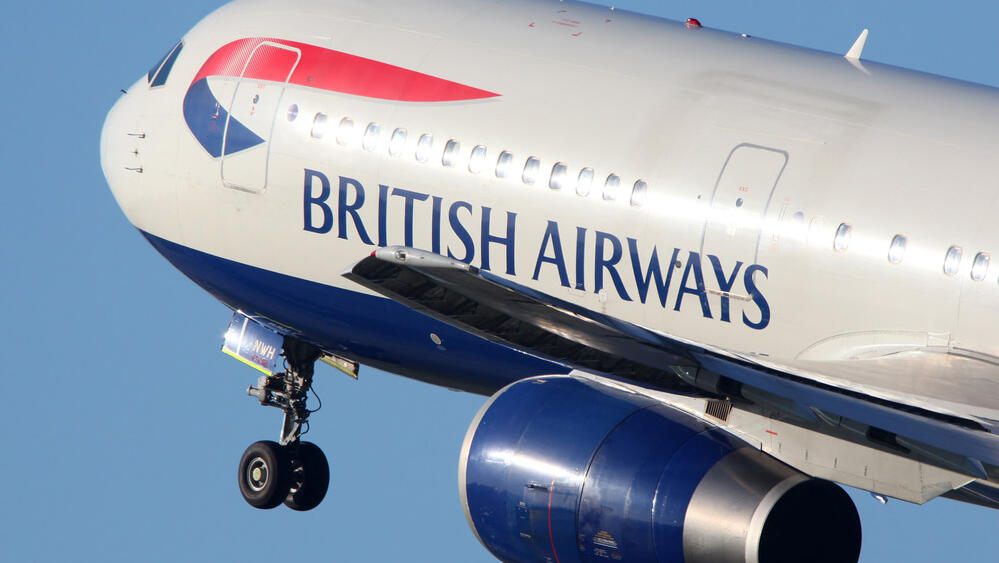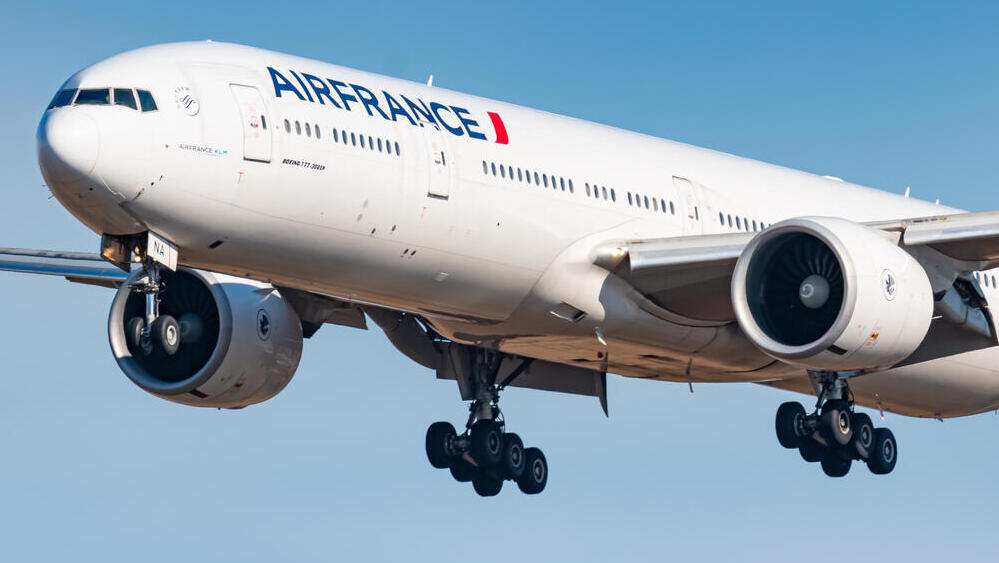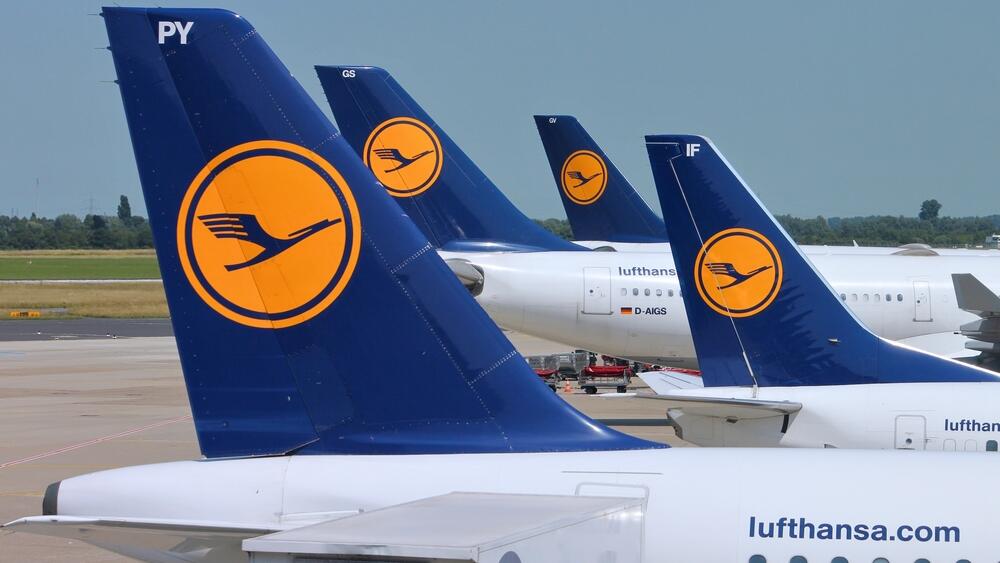Israel’s large-scale strike on Iran triggered the immediate closure of its airspace, prompting the evacuation of Ben Gurion Airport and widespread flight cancellations. Major international airlines have since suspended service to and from Israel amid the escalating regional conflict.
British Airways announced on Thursday it would continue suspending all flights to and from Israel through October 25. Hungarian low-cost carrier Wizz Air, which had only recently resumed service to Israel, said it would halt flights to Tel Aviv until September 15, citing passenger and crew safety as its top priority.
United Airlines canceled all Israel flights through July 1, while Delta Air Lines suspended its operations until August 31, after resuming flights in April for the first time since the war in Gaza began in October 2023. Delta said it continues to monitor the evolving security situation and will reassess based on intelligence and guidance.
At present, only Israeli carriers El Al and Arkia are maintaining direct flights to the United States.
The Air France-KLM Group suspended all flights to and from Israel until further notice, citing security concerns and the airspace closure. Flights from Amsterdam had previously made a stop in Larnaca, while flights from Israel to Amsterdam were direct.
The Lufthansa Group—which includes Lufthansa, SWISS, Austrian Airlines, Brussels Airlines and Eurowings—extended its suspension of flights to Tel Aviv until July 31. SWISS, citing operational reasons, will not resume flights until the end of the summer schedule on October 25.
Italy’s ITA Airways, which had planned to resume flights on July 7, canceled all flights through July 31. Greek carrier Aegean Airlines, which resumed service just before the Israeli strike on Iran, suspended all Tel Aviv flights through July 12.
Cypriot airline TUS Airways and Greek charter airline Blue Bird Airways canceled all flights to and from Israel between June 13–15. Irish low-cost giant Ryanair, which had already suspended Israel flights through August 31, extended the suspension through September 30.
EasyJet, which hasn’t flown to Israel since October 2023, postponed its planned July return, now suspending all flights through July 31. Customers are being offered refunds or alternative flights. Transavia resumed flights to Israel last week. United Airlines, despite earlier suspension, has also resumed flights.
Other carriers continuing their suspensions include:
• Air Seychelles: No return until August at the least
• Bulgaria Air: Suspended through July 21
• LOT Polish Airlines: Suspended through June 15
• Air India: Suspended through July 1
• Iberia and Iberia Express: Suspended through June 30
• AirBaltic: Suspended through June 23
• Air Europa: Suspended through June 18
• Ethiopian Airlines: Suspended through June 18
• Etihad Airways : Suspended through June 22
• Air Canada, which had planned to resume flights in June, has now canceled its return indefinitely.
Are passengers entitled to compensation?
Aviation and tourism attorney Ehud Fai explained that passengers may not be entitled to monetary compensation if the airline can prove that the cancellation was required due to a wartime security emergency — such as the missile strike near Ben Gurion Airport.
Get the Ynetnews app on your smartphone: Google Play: https://bit.ly/4eJ37pE | Apple App Store: https://bit.ly/3ZL7iNv
Are refunds or replacement flights still required?
“Yes,” Fai clarified. “Even in such cases, the airline is still obligated to offer passengers either a replacement ticket or a full refund, based on the passenger’s choice, as well as assistance services such as hotel accommodation and meals until the alternate flight departs.”
What should travelers do now?
Travelers should carefully follow airline announcements regarding cancellations or service resumptions. The Lufthansa Group, for instance, is offering affected passengers free cancellations or rebookings. Those booking tickets with Israeli carriers should check whether the flight is operated by a leased foreign aircraft.
Travelers are encouraged to purchase “ticket insurance” from Israeli carriers, which provides a refund option in case of cancellation. Those currently stranded abroad should ensure their travel insurance is extended. Some insurers are doing this automatically, but passengers should confirm with their providers.






